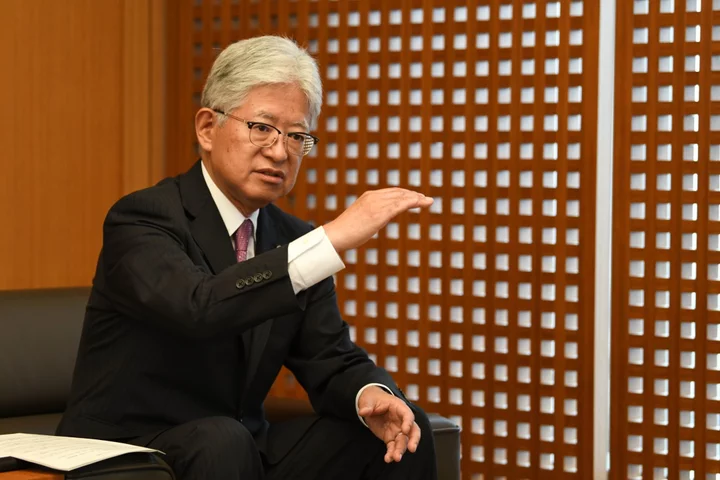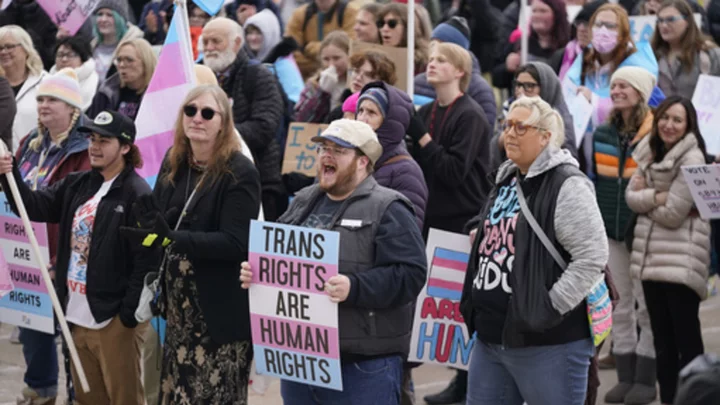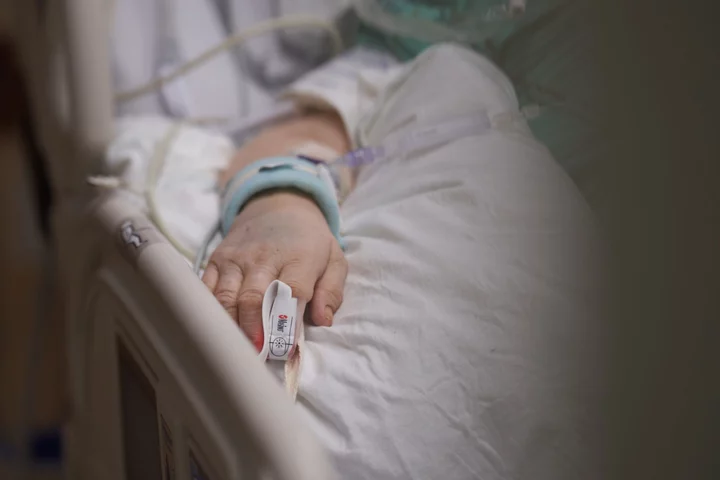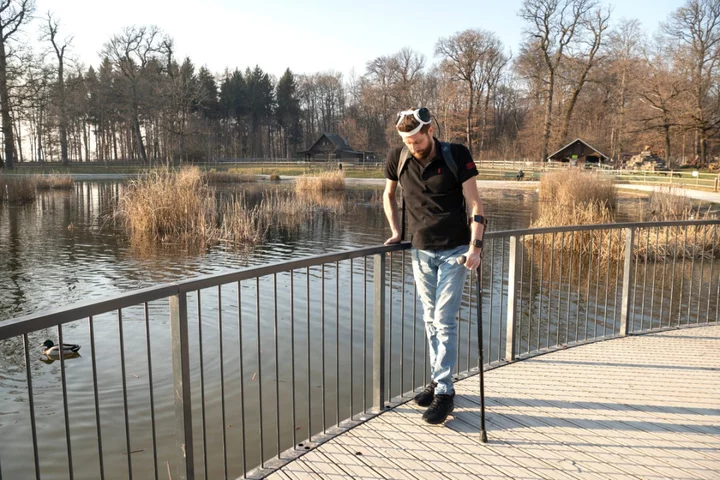When Japanese pharmaceutical company Daiichi Sankyo Co. discovered a groundbreaking cancer treatment, it turned to bigger Western drugmaker AstraZeneca Plc. to help commercialize the therapy that has the potential to replace chemotherapy.
Now that Enhertu — their breast cancer drug that is on track to generate over $10 billion annually — is a proven global success, Daiichi Sankyo does not want to share other future complex biological cancer treatments.
“A good drug brings solutions to business,” President Hiroyuki Okuzawa said in an interview. “Enhertu helped us raise our profile, attract world class talent and boosted our capability in oncology. We played an equal part and led some trials. We now have the ability and experience to do it all by ourselves.”
Daiichi Sankyo is expanding its sales and development staff overseas, aiming to boost production capacity so that it can handle its cancer drugs business entirely on its own, said Okuzawa, 60, who became chief operating officer of the Tokyo-based company in April. He declined to give further detail on the size of the expansion.
The aspiration reflects the growing ambitions of Japanese pharmaceutical companies, which have had a spate of recent success in innovating revolutionary treatments. Daiichi Sankyo’s Enhertu is the star of an emerging class of drugs — called antibody drug conjugates, or ADCs — that attack cancer cells without damaging surrounding healthy ones. Last September, Eisai Co.’s Alzheimer’s drug became the first medicine to blunt progression of the most common dementia in a definitive, large-scale trial.
How a Japanese Drugmaker Got The Clean Win Over Alzheimer’s
Lacking the resources to run global trials and the distribution networks, Japanese companies have often inked profit-sharing development deals with Western drug giants. Roughly half of profits derived from Enhertu in regions excluding Japan is shared with AstraZeneca, which in 2019 ponied up almost $7 billion to partner with Daiichi Sankyo.
Pioneering Drug
Enhertu has a potential to triple the number of breast cancer patients receiving powerful, targeted treatment with fewer side effects, and analysts project that it could eventually generate over $10 billion in annual sales.
Cancer drugs have helped triple Daiichi Sankyo’s stock price over five years, and made it one of the most valuable corporations on Japan’s benchmark Topix Index.
The Tokyo-based company is working with AstraZeneca to develop another ADC, Dato-DXd, to treat lung and breast cancer. It has at least three more cancer drug candidates in earlier stages of development.
Despite its desire to go it alone, the company isn’t fully excluding the possibility of partnership with other firms in case certain drugs turn out to be beyond its capacity to develop and sell, Okuzawa said.
“One of the characteristics of cancer drugs is that you realize the full potential as you develop,” he said. “It’s possible that drugs’ full potential could be beyond our capacity. In such cases, it could still be an option.”
World’s Pharma Giants Bet on AI to Develop Drugs Faster
About 2.3 million women are diagnosed with breast cancer around the world each year, with roughly 685,000 fatalities, according to the World Health Organization. Some 15% to 20% of cases are driven by a protein called HER2, which Enhertu has had more success beating in later stages of illness than existing treatments.
The result of a study conducted by Daiichi Sankyo and AstraZeneca determining whether Enhertu can replace chemotherapy as the first line of treatment in breast cancer is due by September.
Daiichi Sankyo is also investing in areas including gene therapy and mRNA vaccines to reduce its future reliance on its oncology business, Okuzawa said. Cancer drugs currently generate a fifth of the company’s total revenue and are projected to account for nearly half by the year ending March 2026.
“A success also means a risk because drugs are destined to lose patent protection,” he said. “We can’t be overjoyed by the success. We need to identify our next path for growth while we still have ample cash flow from Enhertu.”
--With assistance from Grace Huang and Dong Lyu.









